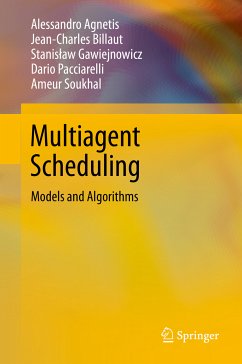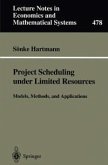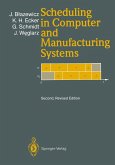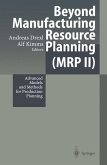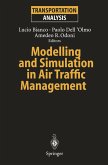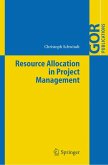In this book, we close this gap by presenting and developing multi-agent scheduling models in which subsets of jobs sharing the same resources are evaluated by different criteria. Several scenarios are introduced, depending on the definition and the intersection structure of the job subsets. Complexity results, approximation schemes, heuristics and exact algorithms are discussed for single-machine and parallel-machine scheduling environments. Definitions and algorithms are illustrated with the help of examples and figures.
Dieser Download kann aus rechtlichen Gründen nur mit Rechnungsadresse in A, B, BG, CY, CZ, D, DK, EW, E, FIN, F, GR, HR, H, IRL, I, LT, L, LR, M, NL, PL, P, R, S, SLO, SK ausgeliefert werden.

